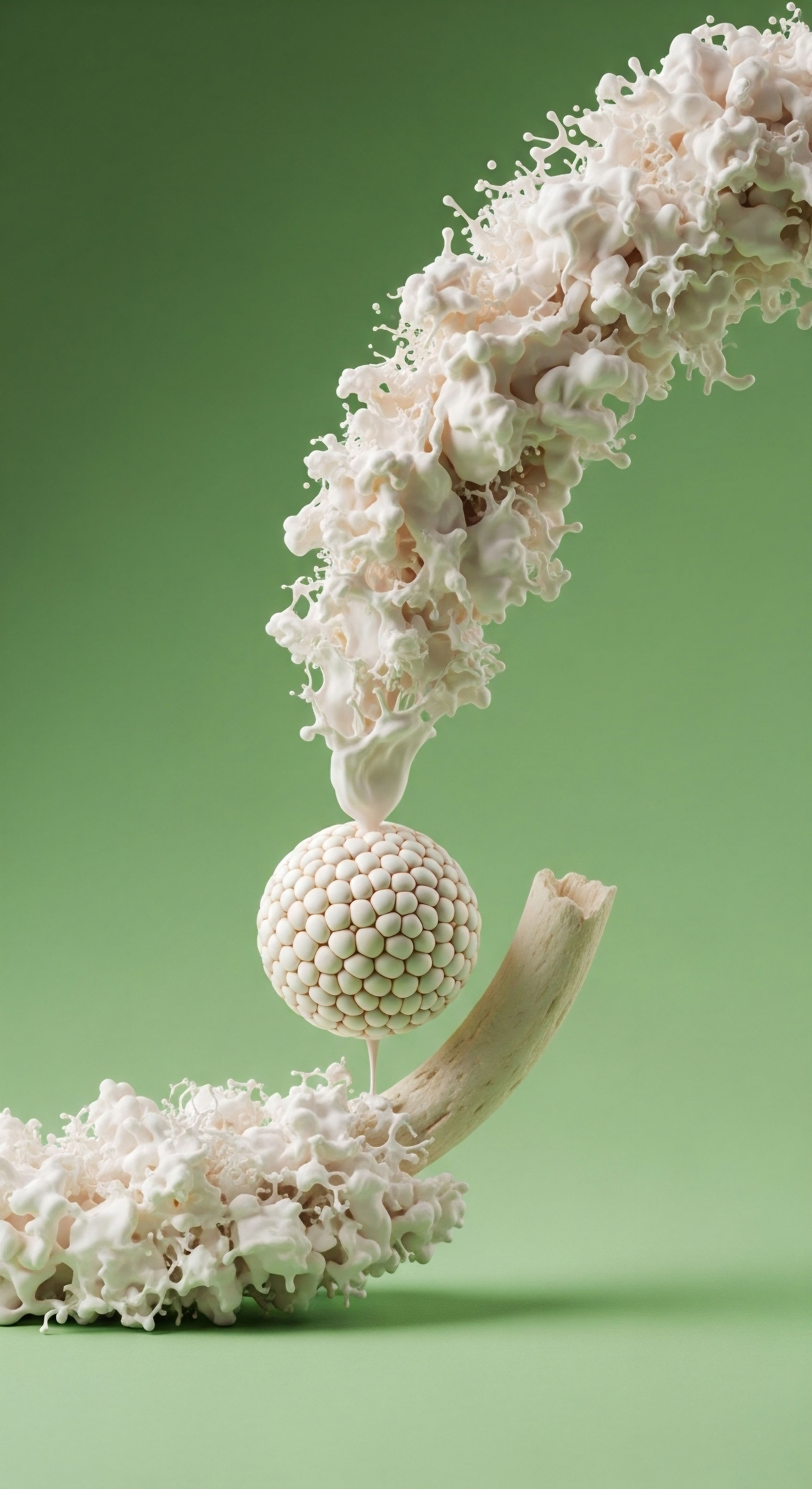Can Lifestyle Changes Reduce the Impact of Environmental Toxins on My Hormones?

Lifestyle adjustments bolster intrinsic detoxification, enhancing hormonal resilience against environmental disruptors.
HRTioAugust 26, 2025

